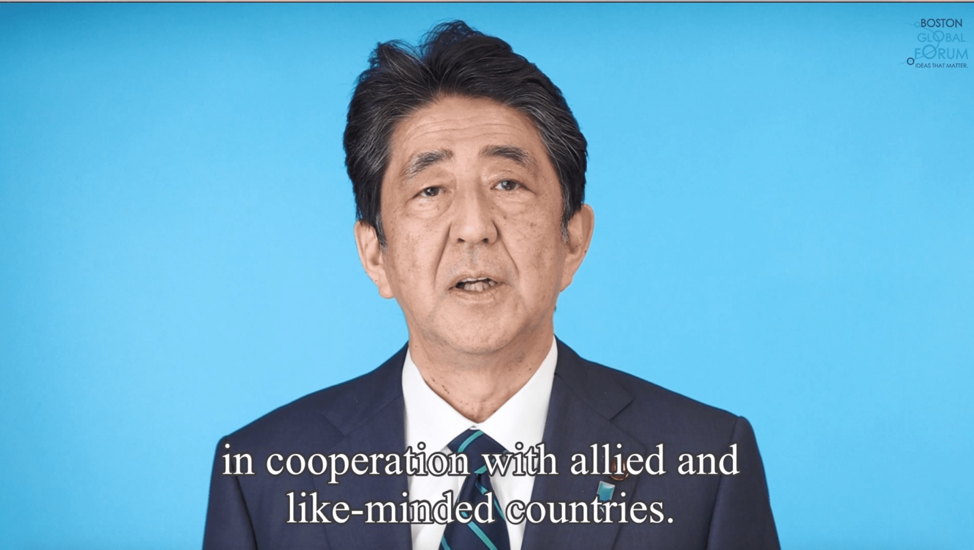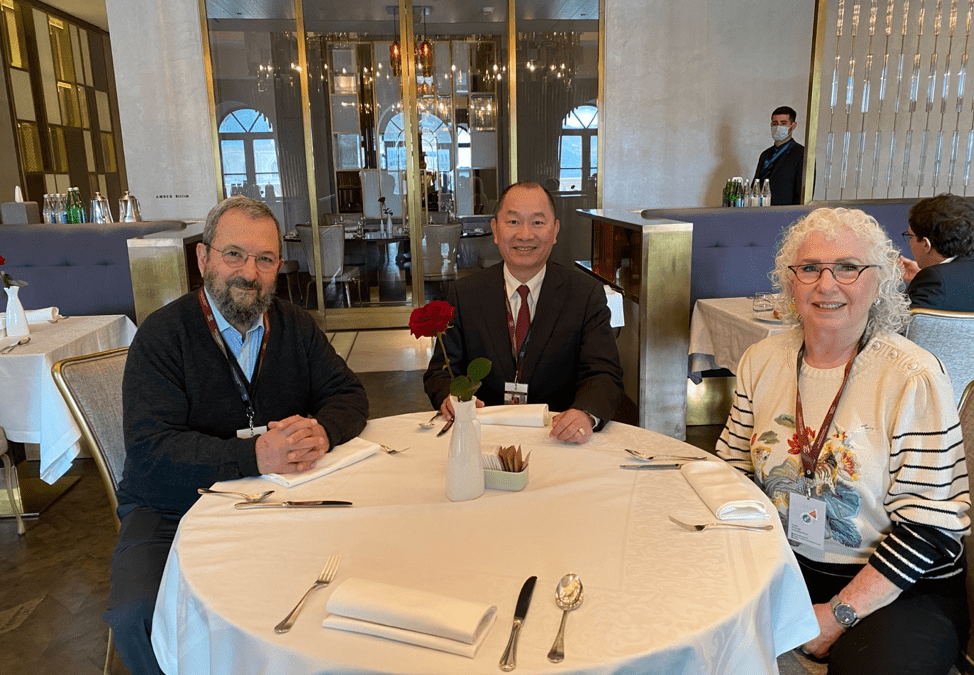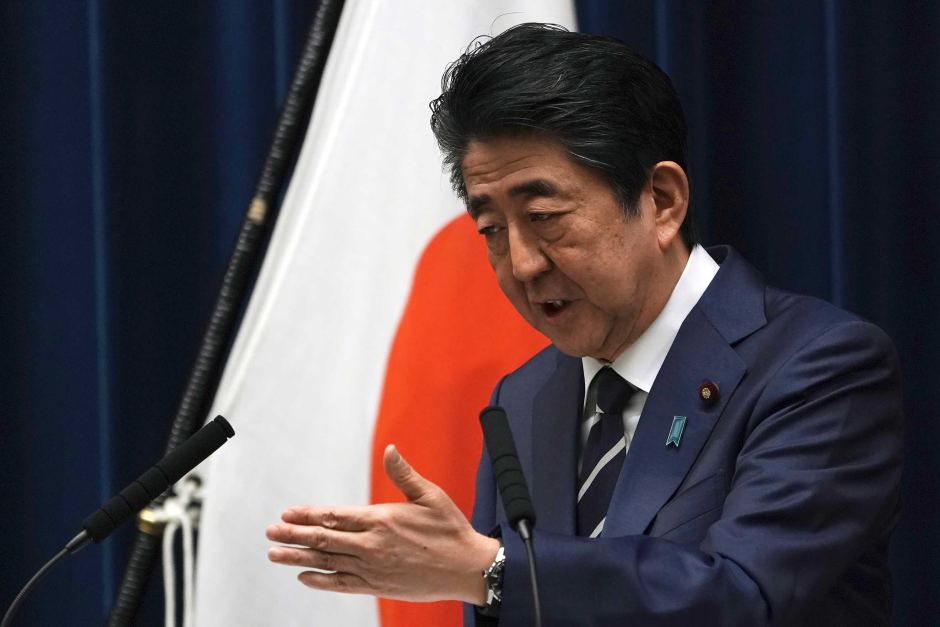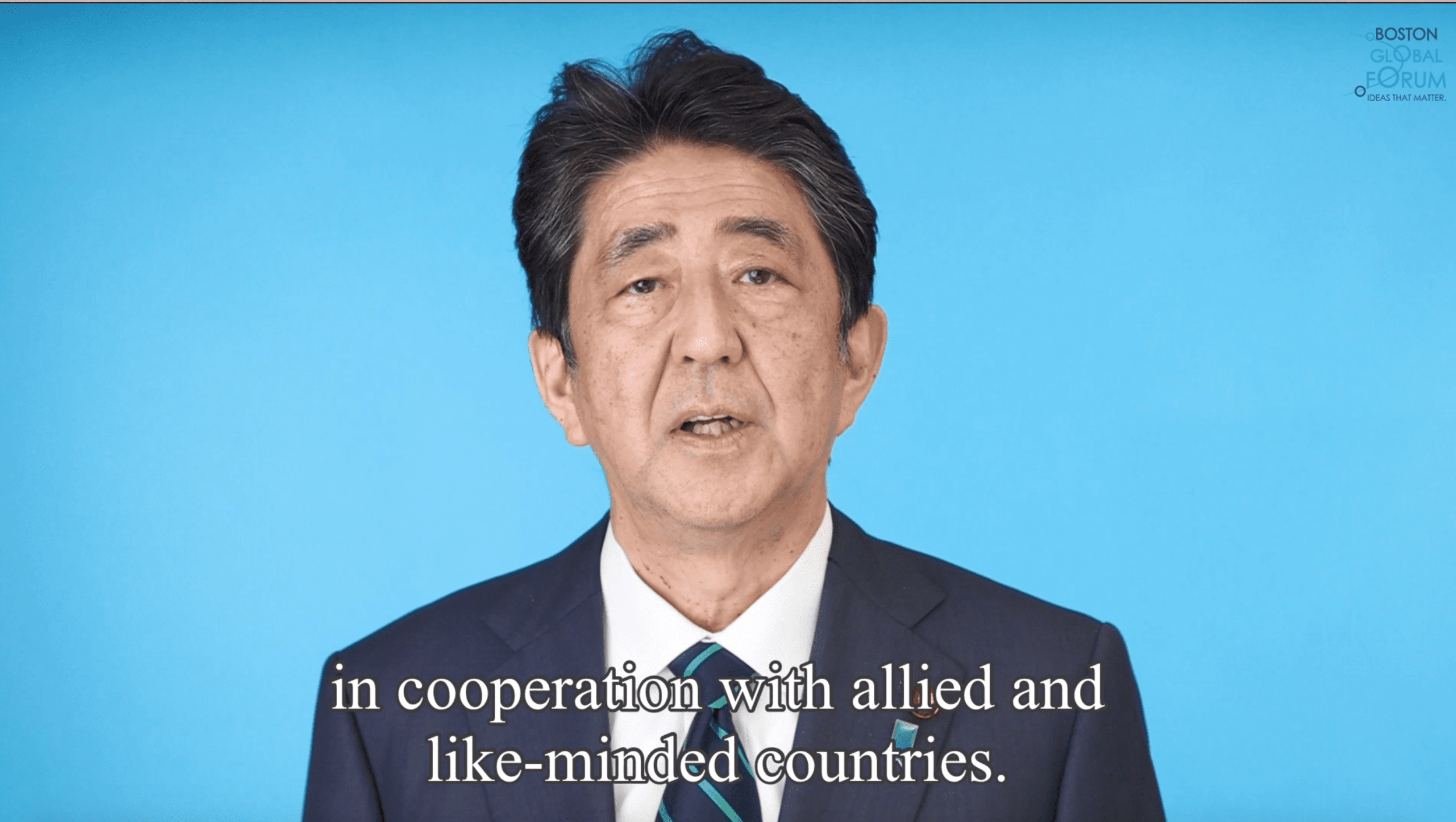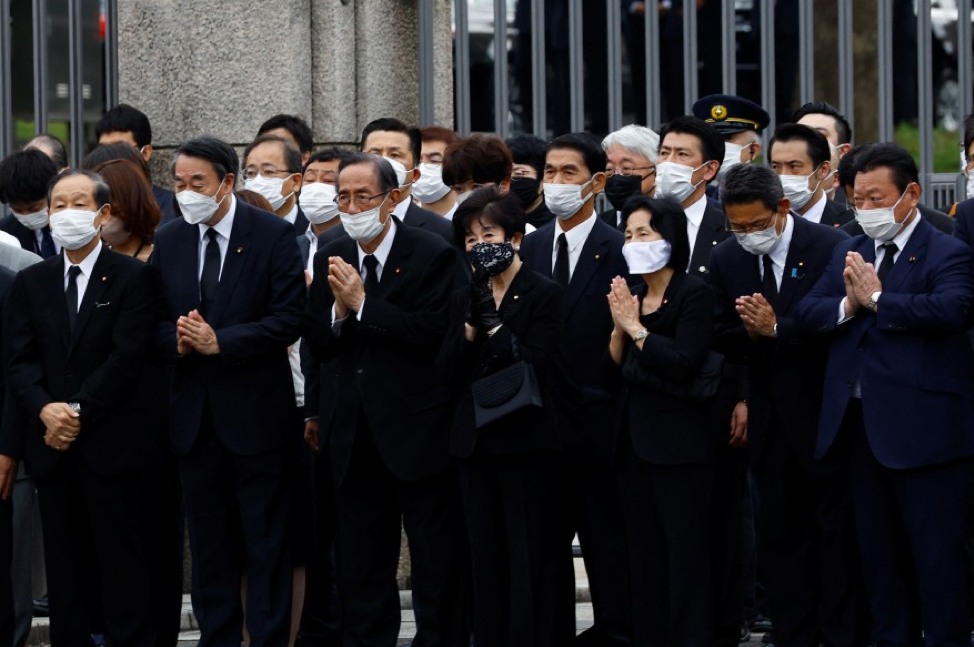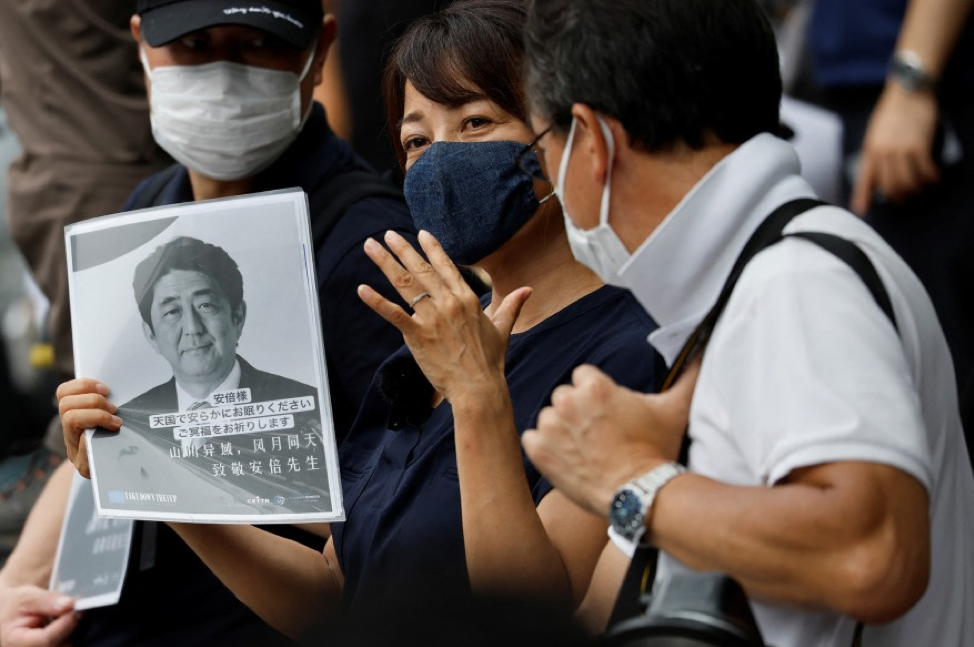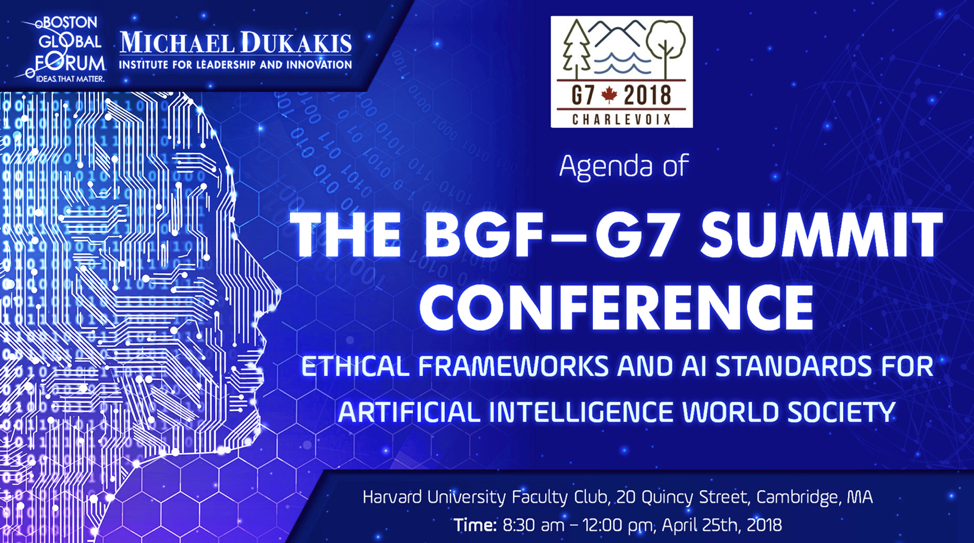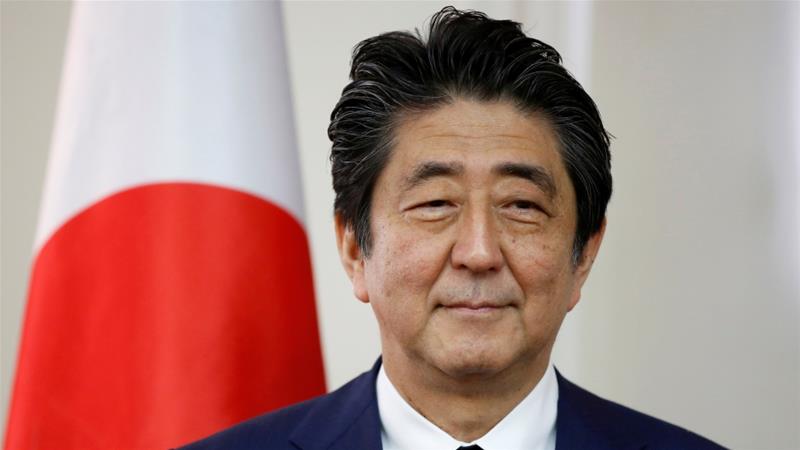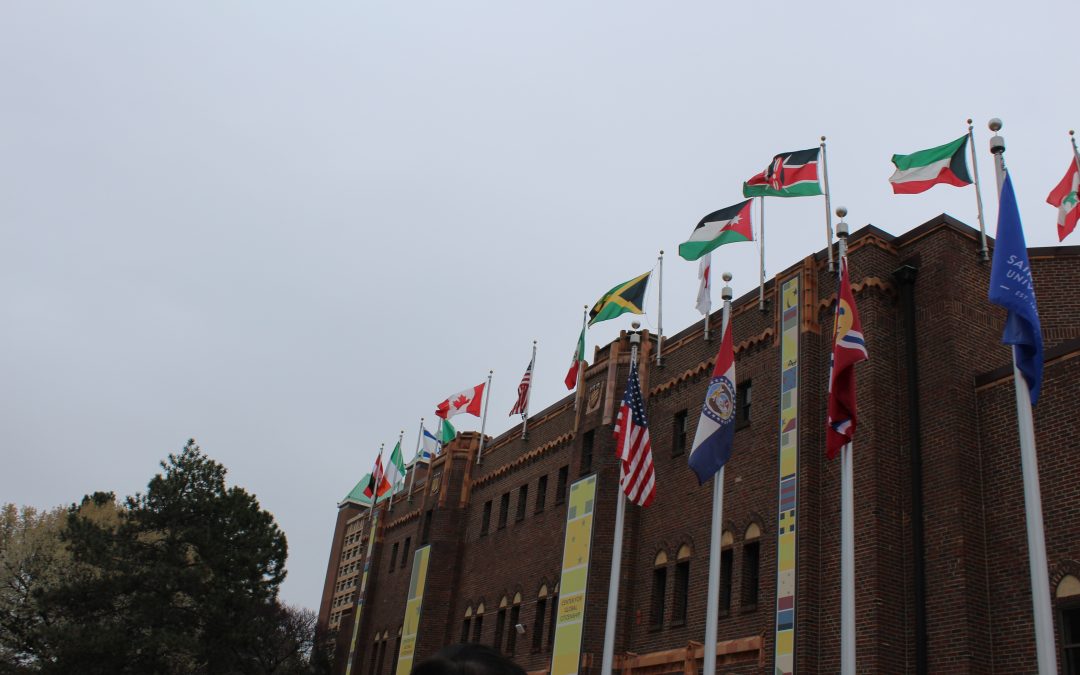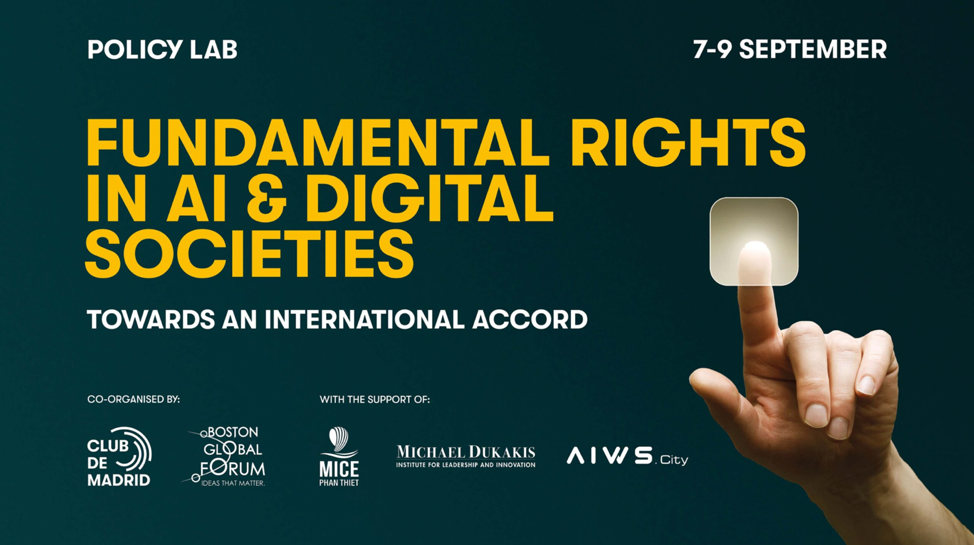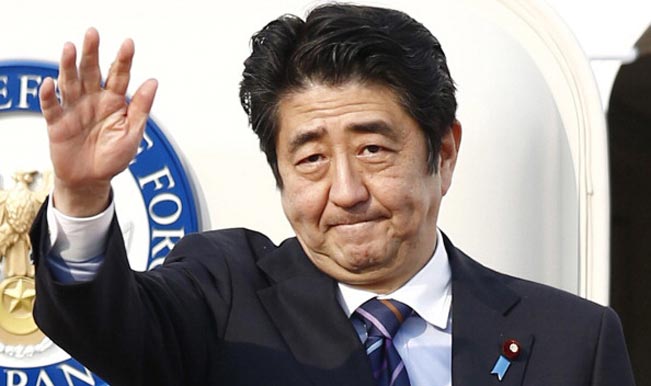Boston, December 12, 2021
I would like to express my sincere gratitude for the invitation to speak today. I made a visit to Boston in 2015 as then Prime Minister and have good memories of visiting the Kennedy Library, Harvard University and MIT. How I wish today that I could revisit Boston and make a real participation in the Boston Global Forum instead of a virtual one.
If we look at the world, we see drastic change in balance of power in recent years, as a result of the rise of nations with state views and values different from our own. In addition, the development of advanced technology is blurring the boundaries between “civilian and military” and “peacetime and contingency.
Cyber-attacks are a prime example of this, with malicious attacks in various forms threatening our peaceful daily lives. Moreover, in some cases, A.I. technology, which is supposed to enrich society, is misused for cyber-attacks.
The security environment surrounding us is undergoing significant changes along with the substantial progress in the “Fourth Industrial Revolution.
Let’s take cyberattacks as an example. Ransomware has become a major threat worldwide in recent years.
Here in Japan, people’s lives and safety are practically at stake, after some hospital facilities have become the target of Ransomware attacks and forced the suspend new medical consultations.
In addition, several cyber-attacks are large-scaled, shrewd, and strongly suspected of state involvement.
In recent years, critical infrastructures and software companies have been targeted, and therefore the damage tends to increase.
Japan, led by our intelligence bureau, is committed to attribution of such malicious attacks in cooperation with allied and comrade countries. At the same time, our government is determined and collaborating together to promote a legal system that could overcome the vulnerability of critical infrastructure in light of national security.
While sophistication of A.I. enriches and makes our daily lives increasingly convenient, it poses some risks.
There are nations that plan to spread disinformation through deep fakes and to incite and brainwash their citizens.
This is an obvious challenge to universal values of freedom and democracy that we should uphold.
Also, A.I. technology can also be used in actual weapons, and the nature of AI-based autonomous weapons has become the subject of international debate.
As I have just described, traditional approaches to realize security are not sufficient to deal with the various contemporary issues and challenges.
We need to think outside the box.
Therefore, today I would like to emphasize (1) the need for comprehensive efforts by the public and private sectors and (2) the importance of international cooperation.
As for comprehensive efforts by the public and private sectors, in the cyber field for example, it is essential to realize prompt and regular information sharing between the two sectors to prevent secondary spread of damage.
Therefore, Japan and the U.S. are rapidly building a centralized system to collect information, analyze attack information, and alert the public and private sectors. This is done so because in democratic states where universal values are important, states naturally have limited power to access personal data and thus such centralized system are essential to maintain the resilience and sustainability of society against cyberattacks.
Another thing I would like to emphasize is the importance of international cooperation. Cyberattacks can easily cross and go beyond national borders and physical distances.
As is clear from the example of recent globalization of supply chain, it is challenging and almost impossible for a single country to deal with the negative aspects of new technologies.
Therefore, I would like to emphasize the importance of information sharing, policy-making, and rule-making in coordination with allied and comrade countries.
As I mentioned earlier, there is a great possibility that the threats and dangers surrounding us will be significantly increased and transformed by applying A.I. technology in the cyber and military fields as a catalyst.
Therefore, I think we should start monitoring the development trends of advanced technologies. The public and private sectors should work together to establish guidelines to prevent the inappropriate application of technologies so that we will be able to enjoy the legitimate fruits of new technologies.
In the area of autonomous weapons, it is also essential to continue and broaden discussions on the future direction that international community should follow, including international rule-making.
As I mentioned earlier, there are many countries in the world with different national views and values. I believe that the resilience of the Japan-U.S. alliance lies in its geopolitical complementarity rooted in its long history, the sharing of democratic and universal values, and the existence of comrade countries that share these values.
During the time of my inauguration as Prime Minister of Japan, I put a “Free and Open Indo-Pacific Strategy” (FOIP) as a pillar of my foreign policy. Moreover, I have committed myself to maintaining and promoting the free and open order of freedom of democracy, the rule of law, and free trade in the region.
In the Indo-Pacific region to which the world’s political and economical center would shift, it is extremely important to collaborate with the United States, our ally, Australia, India and other comrade countries with common values, in various fields of advanced science and technology, including cyber technology.
For example, in September, the first face-to-face QUAD summit between Japan, the United States, Australia, and India was held in Washington, D.C. They established a senior cyber group to strengthen the resilience of critical infrastructure to discuss practical cooperation measures.
This is a welcoming development indeed, and I will do my best to support it.
In addition to Japan, U.S., Australia, and India framework, which I collaborated on during my time as Prime Minister, a new and encouraging framework of comrade countries has been initiated. We heartily welcome the news of foundation of AUKUS in September by the U.S., U.K., and Australia.
Maintaining peace and stability in the Indo-Pacific region is extremely important by conducting multilayered efforts based on such a regional structure. Japan should be actively involved in AUKUS cooperation in areas of cyber, AI, and quantum technology.
In the future, I strongly hope that allied and comrade countries that share democratic and universal values will work together to respond appropriately to new challenges and threats arising from cyber and AI technologies. Moreover, I wish they would form an order where everyone can enjoy the benefits of advanced technologies in peace.
Thank you very much for your kind attention.
